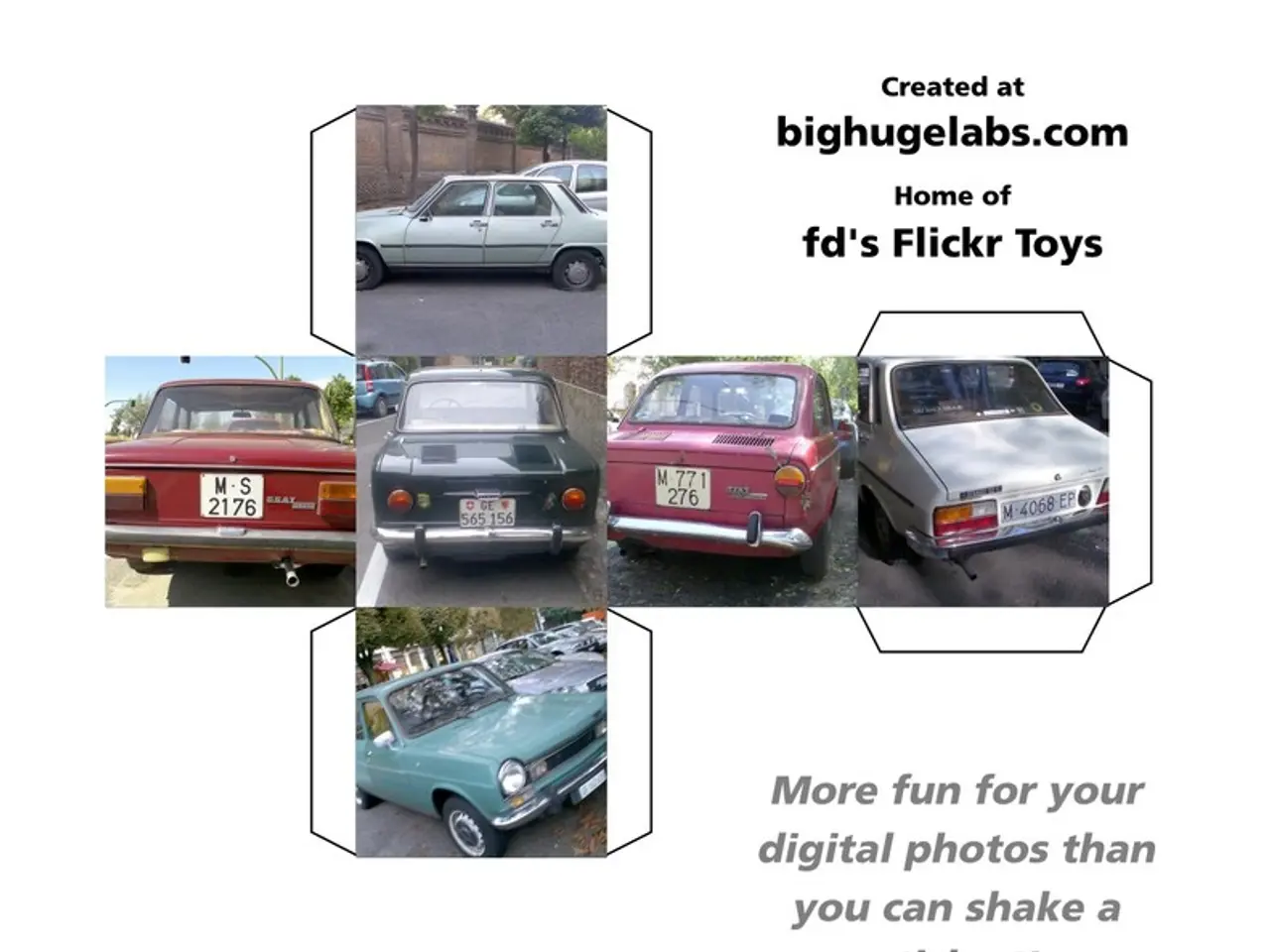Economic shifts and adjustments
In the face of a challenging global climate and shifting economic landscapes, the German state of Baden-Württemberg is taking proactive steps to diversify its economy and remain competitive.
The rearmament of the Bundeswehr and the uncertain world situation, particularly Putin's aggressive war in Ukraine, have put stress on the defense industry. Moreover, public investments will result in enormous consequences. Simultaneously, the defense sector in Baden-Württemberg is under pressure due to these developments.
However, the state is not resting on its laurels. Pragmatism, quick reforms, and tax relief for companies are planned to maintain prosperity. The discussion addressed topics such as digitization, simplification of administration, and maintenance of infrastructure.
Baden-Württemberg, traditionally known for its car manufacturing industry, is now looking beyond its conventional strengths. The state is leveraging its strong academic and technological base to foster deep-tech startups. The NXTGN Startup Factory, recently secured with multi-million euro funding, aims to create over 300 deep-tech startups within five years.
Investments in cutting-edge research are also a key strategy. Continued funding for projects such as the Cluster of Excellence 3D Matter Made to Order (3DMM2O) advances research in 3D additive manufacturing, combining artificial intelligence with materials science—a promising field linking technical and life sciences that can spawn new high-value industries.
The state is also focusing on the twin green and digital transition. By promoting smart, sustainable growth and regional competitiveness through environmental and digital initiatives, Baden-Württemberg can align traditional strengths with future-oriented sectors.
Artificial Intelligence (AI) is another new business field with enormous growth potential. However, the big players are based in the USA in Silicon Valley. The AI Center IPAI in Heilbronn and the Cyber Valley in Stuttgart and Tübingen are promising approaches, but the AI model F 13 is lagging behind market development.
Germany has significant catch-up needs in all these areas. The business model of Baden-Württemberg is facing challenges due to reduced revenue from China, and the second important overseas market, the USA, is no longer reliable due to Donald Trump's trade chaos.
Minister President Winfried Kretschmann and ZEW President Achim Wambach discussed solutions to these issues on Monday. For more information, Rafael Binkowski can be contacted at r.binkowski@our website.
Together, these strategies position Baden-Württemberg to offset decreasing profits in traditional car manufacturing by creating a diversified, innovation-driven economy with a focus on sustainability, artificial intelligence, and advanced manufacturing technologies. Baden-Württemberg, alongside Bavaria, is the most important defense location in Germany. The circle of suppliers and machine builders in Baden-Württemberg's industry is also affected by these pressures. The state, under the leadership of a green minister president, is taking on the defense topic, indicating the difficult times.
The state's strategies aim for a diversified economy, focusing on sectors such as finance, technology, education-and-self-development, and general-news, as Baden-Württemberg seeks to offset declining profits in traditional car manufacturing by creating a innovation-driven economy.
The AI Center IPAI in Heilbronn and the Cyber Valley in Stuttgart and Tübingen are initiatives in the technology sector, part of Germany's efforts to catch up and compete globally in the growth area of Artificial Intelligence.




